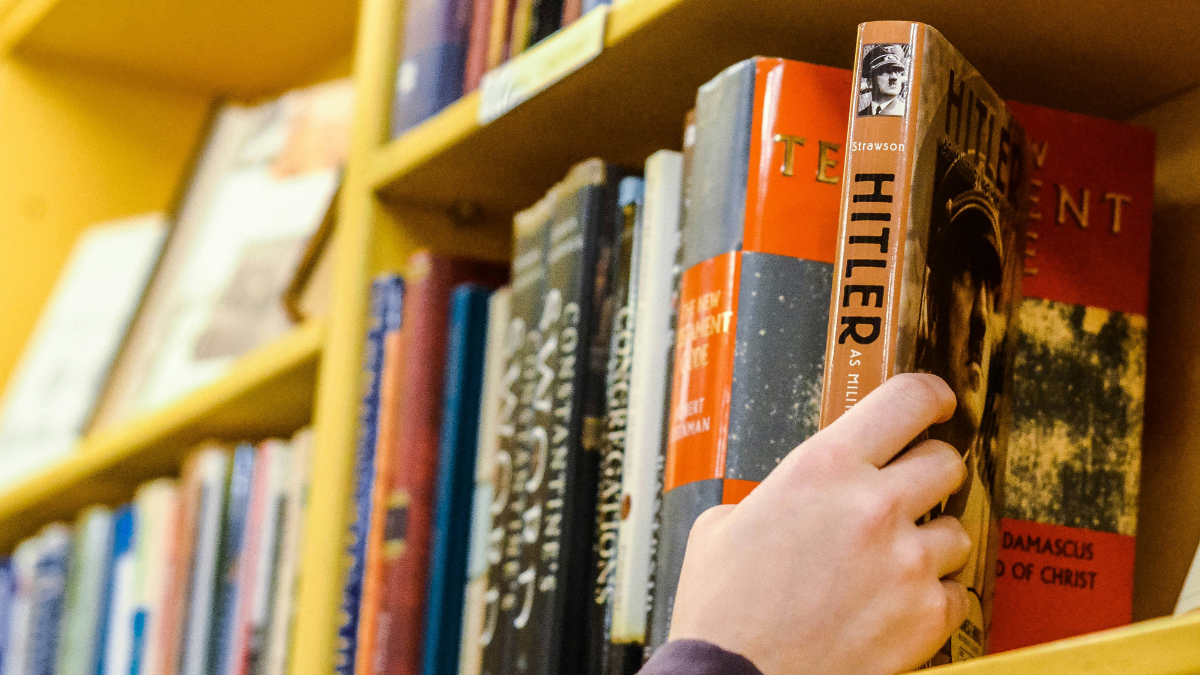


“One death is a tragedy,” said Josef Stalin, “a million is a statistic.” He was wrong. Any decent person cannot help but feel overwhelmed by the enormity of the suffering caused by last month’s tsunami. The thousands of dead aren’t statistics; they are people made in the image of God — victims of a catastrophe that has spurred the world to action and left many in a state of despair.
One of these people in despair is David Brooks of the New York Times. In his New Year’s Day column, he called the world’s generosity “amazing,” while wondering if this response was a “self-enveloping fog to obscure our view of the abyss.” The “abyss” he’s referring to is the sense that nature, contrary to what the Romantics have told us, is neither “a nurse [nor] a friend.”
On the contrary, the events of late December remind us that, for all our technological prowess, we are subject to the natural elements, not their master.
Unlike the pre-moderns who lived with this knowledge, Brooks finds himself unable to take comfort from biblical faith. The events in South Asia left him thinking that instead of an “active,” albeit mysterious, God, there was only “nature’s awful lottery.” That being the case, we should not only mourn for the dead, but also for “those of us who have no explanation,” wrote Brooks, referring to himself.
There is, however, a Christian response to Brooks’s despair. Theologian David B. Hart wrote in the Wall Street Journal that we live in the “the long melancholy aftermath of a primordial catastrophe” — the Fall, something we humans brought upon ourselves as a result of God giving us a free will and our choosing to go our way, not His. But as a result of this “catastrophe,” ours is a “broken and wounded world.” The “universe languishes in bondage to ‘powers’ and ‘principalities’ — spiritual and terrestrial — alien to God.”
We see evidence of the Fall all around us: not only in natural disasters, but in illness and death. While you don’t have to be a Christian to know that something has gone terribly wrong, you do have to be a Christian to understand God’s remedy: In His incarnation, passion, and resurrection, God’s Son both judged and rescued creation “from the torments of fallen nature.” Now “all creation groans in anguished anticipation of the day when God’s glory will transfigure all things” (Romans 8).
Until then, says Hart, we are to “to hate death and waste and the imbecile forces of chance that shatter living souls” — not in despair, as Brooks and others do, but in hope.
Hard to believe? Of course it is, even for some Christians. But we continue to live by faith. And so until the day that Christ returns and our faith is completely vindicated, we are to cling to this Gospel and preach it. Its truth and the acts of kindness and mercy it inspires are the only alternative to the abyss of despair.
So Christians now have an opportunity to help the victims of the tsunami, the suffering masses in Asia, and, no less, the confused and despairing masses on every continent. We uniquely can offer hope to both victims.














